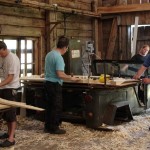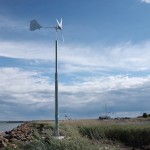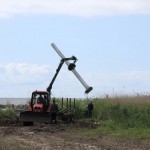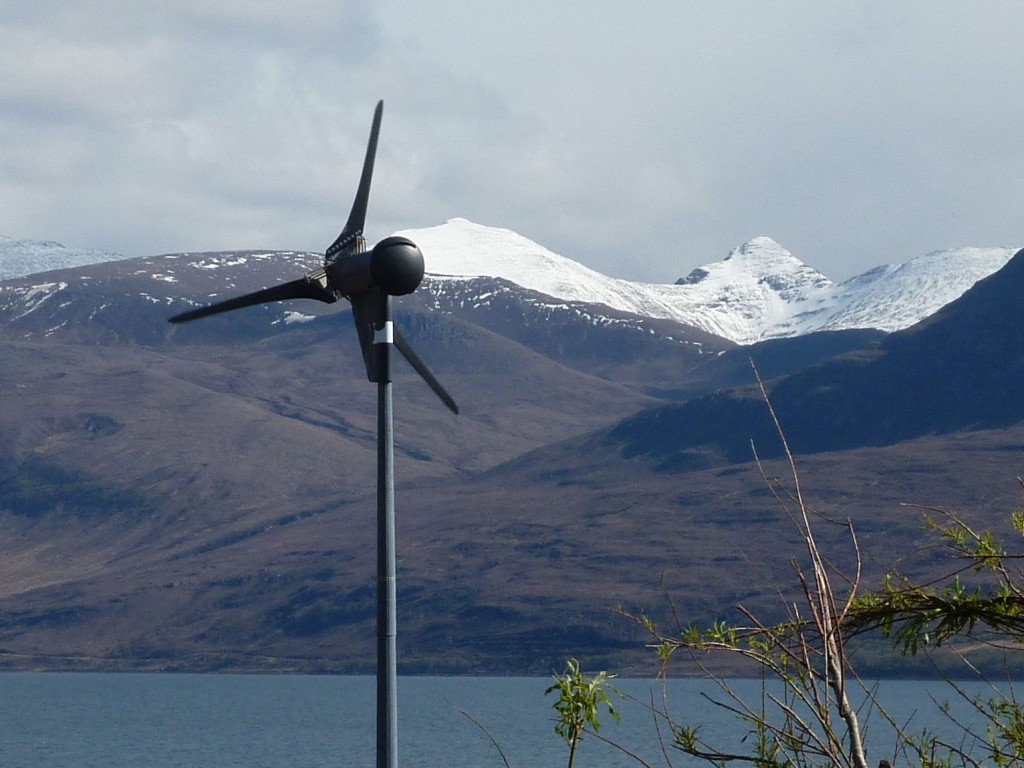This turbine is based on my design although it owes a lot to the Otherpower book too. You could say via the otherpower book. Nice video.
-
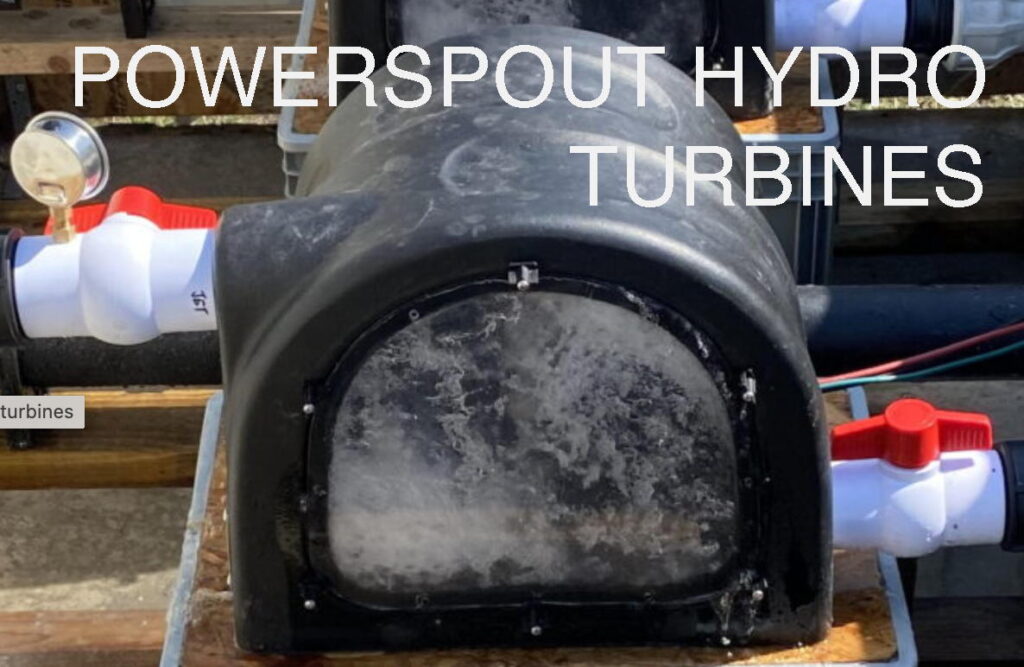
Choose a category and view posts
Irish Solar
-
Recent Posts
Recent Comments
- Bram Peirs on A new alternator for my little AWP windmill
- ebook plans for 2F turbine now finally published | Hugh Piggott's blog on All of the books by Hugh (how to get them)
- Tina Doherty on All of the books by Hugh (how to get them)
- John on Wiring up a 12-volt stator
- In 2025, are solar water heaters worth it, despite the initial cost? - Online Plumbing Shop on User experience with evacuated tube water heating
Archives
- February 2026
- March 2025
- July 2024
- June 2024
- March 2024
- November 2023
- October 2023
- July 2023
- November 2022
- July 2022
- June 2022
- January 2022
- December 2021
- October 2021
- July 2021
- June 2021
- May 2021
- April 2021
- February 2021
- December 2020
- October 2020
- July 2020
- April 2020
- March 2020
- October 2019
- September 2019
- August 2019
- July 2019
- June 2019
- May 2019
- March 2019
- February 2019
- January 2019
- December 2018
- November 2018
- October 2018
- September 2018
- August 2018
- July 2018
- June 2018
- May 2018
- April 2018
- March 2018
- February 2018
- January 2018
- December 2017
- November 2017
- October 2017
- August 2017
- July 2017
- June 2017
- May 2017
- April 2017
- March 2017
- February 2017
- January 2017
- December 2016
- November 2016
- October 2016
- September 2016
- August 2016
- July 2016
- April 2016
- January 2016
- December 2015
- November 2015
- October 2015
- September 2015
- August 2015
- July 2015
- June 2015
- May 2015
- April 2015
- March 2015
- February 2015
- January 2015
- December 2014
- November 2014
- October 2014
- September 2014
- August 2014
- July 2014
- June 2014
- May 2014
- April 2014
- March 2014
- February 2014
- January 2014
- December 2013
- November 2013
- October 2013
- September 2013
- August 2013
- June 2013
- May 2013
- April 2013
- March 2013
- February 2013
- January 2013
- December 2012
- November 2012
- October 2012
- September 2012
- August 2012
- July 2012
- June 2012
- May 2012
- April 2012
- March 2012
- February 2012
- January 2012
- December 2011
- November 2011
- October 2011
- September 2011
- August 2011
- July 2011
- June 2011
- May 2011
- April 2011
- March 2011
- February 2011
- January 2011
- December 2010
- November 2010
- October 2010
- September 2010
- August 2010
- July 2010
- June 2010
- May 2010
- April 2010
- March 2010
- February 2010
- January 2010
- December 2009
Categories
- Adriaan Kragten
- Books
- CometME
- construction
- courses
- developing world
- Diversion load control
- ferrite magnets
- France
- hydro
- my own projects
- Notices
- pedal power
- People
- performance
- power curve data
- PowerSpout hydro turbines
- products/technical
- pumping water
- Rooftop madness
- Scoraig
- stuff on offer
- UK small wind scene
- Uncategorized
- Vertical axis wind turbines (VAWTs)
- Video links
- wind systems tutorial
Meta
nice email received:
From: Mike Allen
Subject: Re: A Wind Turbine Recipe Book
Date: 12 April 2013 10:53:18 BST
To: jytteI recieved the book yesterday and when it arrived I thought ‘this isn’t worth £12’.
But how wrong I was once I’d opened the envelope and settled down to read the contents with a cup of coffee. 3 hours later the coffee was stone cold and I was still reading the book.
Loads of info to be getting on with.
I’ll email Hugh when my terbine is up and running with some pics.
Thanks a lot.
Michael.
-

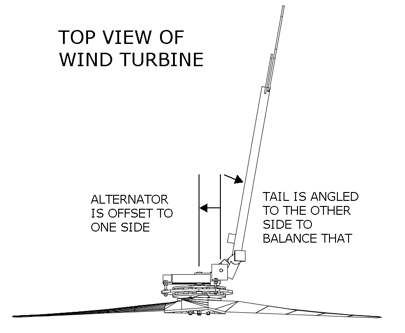
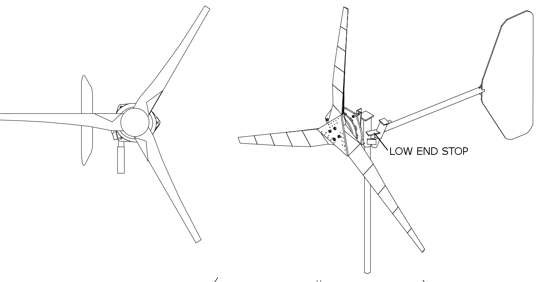
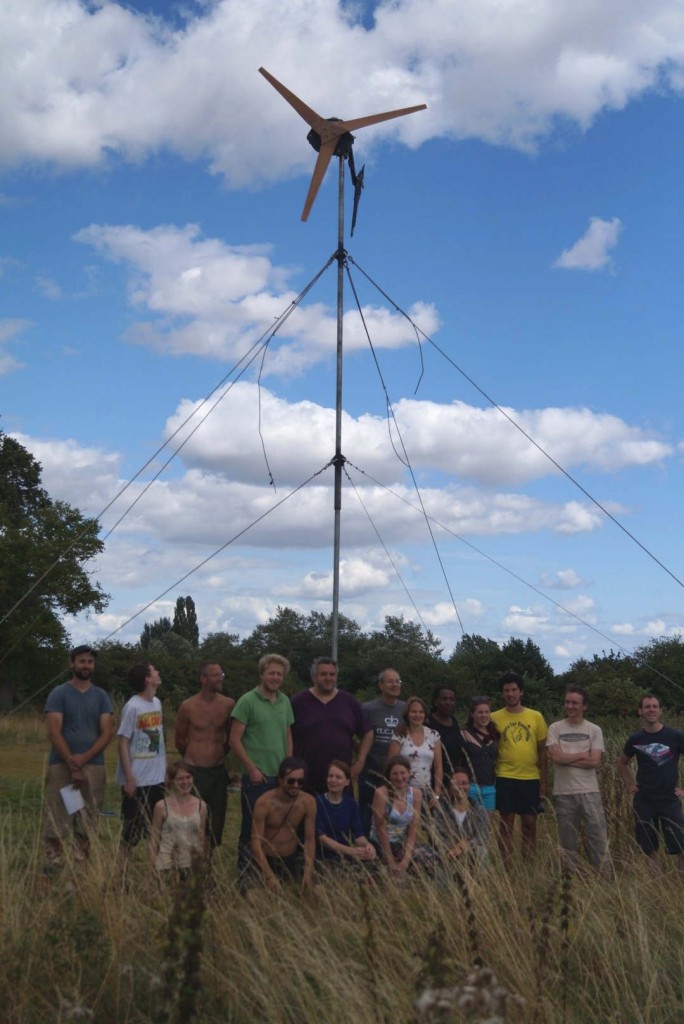 have been teaching courses around the UK and beyond for many years and also offer wind turbine parts and even complete machines
have been teaching courses around the UK and beyond for many years and also offer wind turbine parts and even complete machines



